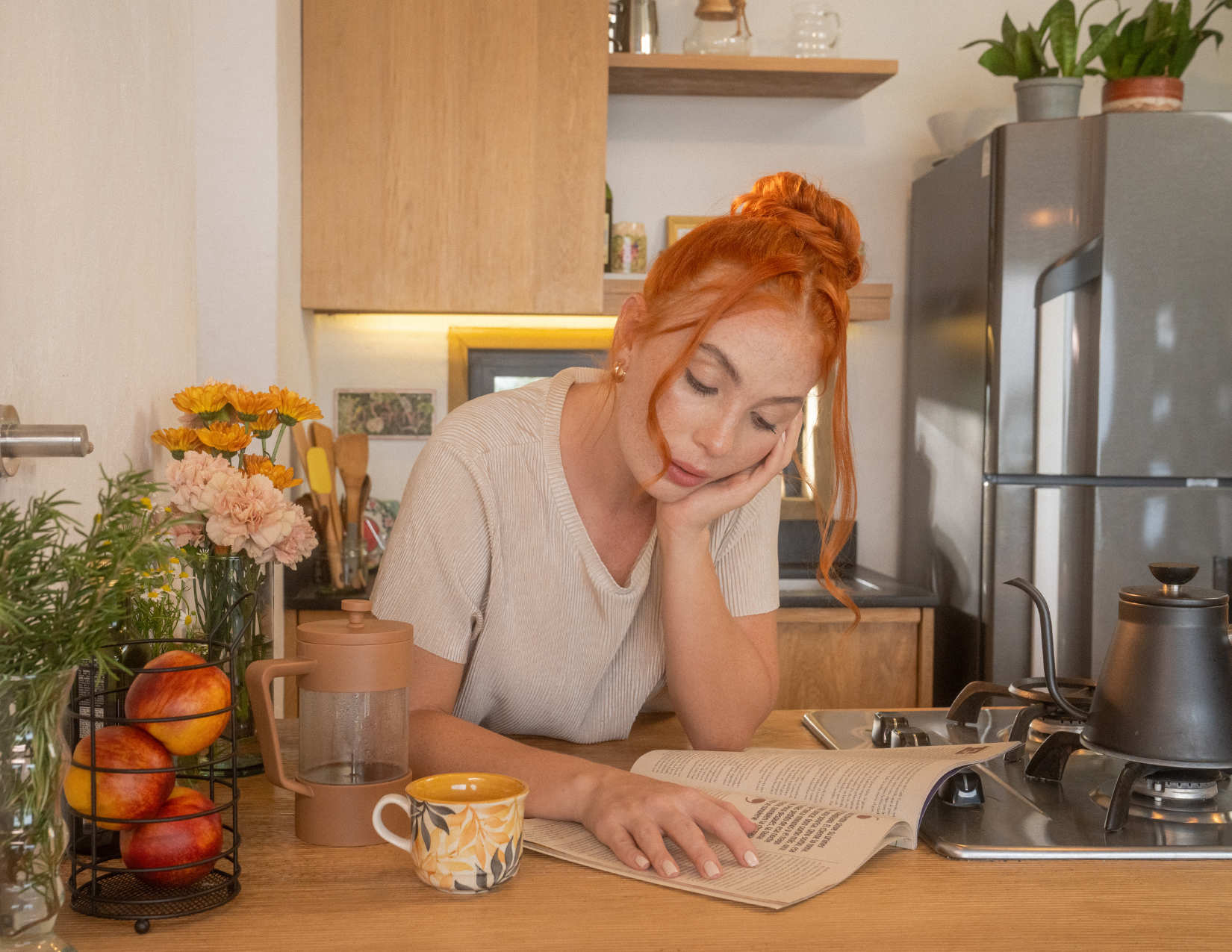
How to Establish a Wellness-Focused Daily Routine
This post may contain affiliate links, which means we may receive a commission, at no extra cost to you, if you make a purchase through a link. Please see our full disclosure https://sagecounselingtherapyandwellness.com/disclosure-privacy-policy-terms-of-use/ for further information.
Wake up. Eat. Go to work. Get home. Eat. Sleep. Sound familiar? Going through these mundane tasks every single day can feel boring and tiresome, and may leave you feeling completely burnt out. Now more than ever, with the fast pace of modern life and advanced technology, it is important to take care of yourself both physically and mentally. Establishing a daily routine can help with that. But if you don’t want to build your routine from the ground up, no worries! Here are a few simple things you can add to your day that will enhance your current routine.
That being said, good habits do matter. For instance, take the saying, “an apple a day keeps the doctor away.” This implies that consistent healthy choices are beneficial for your overall health. Similarly, incorporating small habits into your day-to-day life can help support your overall health and, hopefully, promote happiness and well-being.
1. Make your bed as soon as you wake up.
According to VeryWellMind, people report that making their bed every morning makes them feel accomplished and calm. One of the hardest parts of people’s days is finding the motivation to get out of bed. If your bed is made, you are much less likely to crawl back in. Instead, your space will be clean and organized. Since your bed is usually the biggest piece of furniture in the room, it sets the tone for the rest of your room. People who have tidy environments tend to have tidier minds.
2. Write a to-do list for the day.
During exam season my freshman year of college, I woke up every morning feeling lost and confused about what to do. I never knew when or where to start studying. I slowly learned the importance of setting a schedule and jotting down daily tasks. Lists create order, relieve stress, and delegate time. People severely underestimate the feeling of checking things off their list and going to bed feeling accomplished. You are also less likely to forget things when you write them down. Think about it — there is a reason why we write down or type out our grocery lists before we head to the store. If we left our brains responsible for remembering every item, we would probably have to drive back to the store every single day because we would keep forgetting things. Relying on memory alone is not effective, and it only takes two minutes to jot down a to-do list for the day.
3. Take a walk after dinner.
According to Healthline, walking after a meal promotes better digestion and improves overall health, lowering the risk of heart disease and regulating blood pressure. Moving your body also stimulates the stomach and intestines, helping food digest quickly. That being said, try to wait for at least 15 minutes before walking to avoid an upset stomach, especially if you’ve eaten a large meal. If you live in a particularly cold and snowy area and feel restricted from taking nature walks or a simple stroll around your neighborhood, don’t forget to try walking indoors. This is often more easily accessible and reliable. Put on your favorite TV show or listen to a podcast while you work out.
4. Journal before bed.
Journaling is one of the simplest ways to unwind and clear your head. You can write about anything you want; there are no rules! There is no right or wrong way to journal. That’s often why journals come blank – the pages are yours to fill up however you wish. Maybe you need to vent out your feelings or simply jot down random thoughts. Or maybe you want to write about the funny experience you had in the elevator with a stranger and scribble down ideas for your next baking project. It’s completely your space — your thoughts, experiences, self-reflection, and creativity. Some people also draw or color as a form of therapy. However, if you prefer a more structured writing space, there are amazing journals with pre-written prompts available. The bottom line: spending time with yourself and your thoughts is important. It’s the best way to process and reset.
5. Limit technology use before bed.
It is hard to avoid doomscrolling, especially on social media apps like TikTok. Unfortunately, the most convenient time to do this is often right before bed. It may feel harmless at the moment, but according to Cleveland Clinic, your health will suffer. Too many times, I have fallen victim to the cycle of forgetting why I checked my phone and scrolling for hours. Even when you set your phone down, you have already activated your mind instead of letting it rest for the night. According to Harvard Health, blue light also affects your circadian rhythm, making it harder to sleep. Putting your phone away an hour or two before you sleep may feel unrealistic, especially in this day and age. But if you replace that time with other meaningful activities, such as journaling or listening to a podcast, it may get easier to do so over time.
By adding small, realistic habits in your day, you’ll start to notice a change in your mood and focus. Change can be hard, but it’s definitely worth it!
To discuss how therapy could help you during this season of your life, please contact me or schedule your free 15-minute consultation.
References:
https://www.verywellmind.com/mental-health-benefits-of-making-your-bed-5093540
https://www.healthline.com/nutrition/walking-after-eating
https://www.health.harvard.edu/staying-healthy/blue-light-has-a-dark-side
Want to read more? Here are a few related blog posts you may be interested in checking out!





0 Comments